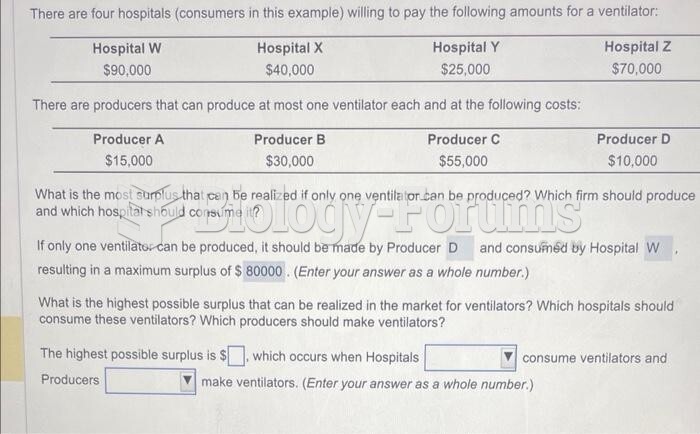Which of the following is the best definition of Marginal Utility?
a. A principle where consumers try to maximize their satisfaction through their income by purchasing goods and services.
b. An economic purchase that leaves the consumer dissatisfied.
c. A utility company that sells energy on margin calls.
d. A utility pole that almost ready to be replaced.
e. A principle that the more we have of something the more pleasure it brings.
Question 2
Which of the following is not an indicator of a good tax?
a. Economic polarity
b. Adequacy of yield
c. Everyone pays something
d. Convenience of payment
e. Low administration costs
Question 3
Which of the following would not be considered a sumptuary tax? A tax on
a. alcohol.
b. cigarettes.
c. marijuana (in states where it is legal).
d. gasoline.
e. fast food.
Question 4
Which of the following is not true of the corporate income tax?
a. It was legislated nationally in 1809 as an excise tax for the privilege of doing corporate business.
b. It was first implemented at the state level in Wisconsin.
c. Corporate income tax revenue to the federal government is now at an all-time high.
d. Corporate income taxes may be viewed as increasing the final cost of goods to the end consumer.
e. Corporate taxes have been called double taxation.
Question 5
Which of the following is not a type of tax?
a. Property Tax
b. Income Tax
c. Lotteries
d. Severance Tax
e. All are types of taxes
Question 6
The income tax came into law
a. to pay for the Revolutionary War expenses.
b. to pay for the Civil War expenses.
c. to pay for the Spanish American War.
d. to pay for World War I expenses.
Question 7
A regressive tax is best described as
a. when the poor pay a greater percentage than the wealthy.
b. most fair.
c. where everyone pays the same percentage.
d. Robin Hood taxation.
e. the wealthy pay a greater percentage than the poor.
Question 8
A progressive tax is best described as
a. when the poor pay a greater percentage than the wealthy.
b. most fair.
c. where everyone pays the same percentage.
d. Robin Hood taxation.
e. the wealthy pay a greater percentage than the poor.
Question 9
A proportional tax is best described as
a. when the poor pay a greater percentage than the wealthy.
b. most fair.
c. where everyone pays the same percentage.
d. Robin Hood taxation.
e. the wealthy pay a greater percentage than the poor.
Question 10
In Personam taxes are
a. taxes on personams.
b. taxes on people.
c. taxes supporting Federal wildlife.
d. taxes supporting the environment.
e. taxes to pay for condemning property.
Question 11
In Rem taxes are
a. taxes imposed on sleep research.
b. taxes on people.
c. taxes on income.
d. inheritance taxes.
e. personal property taxes.
Question 12
Taxes fall into two broad categories. What are those two categories?
a. A flow of production and a stock of wealth
b. Income and property
c. Sales and rentals
d. Foods and services
e. Loopholes and non-loopholed sections of the IRS
Question 13
In the U.S., taxing property to fund education dates back to
a. Native American tradition.
b. Greek and Roman traditions.
c. 1647.
d. 1776.
e. 1812.
Question 14
The purpose of a tax is to
a. upset people.
b. steal from the rich and give to the poor.
c. keep the huddled masses from revolting (see Les Miserables).
d. pay a government service.
e. equalize income disparity.
Question 15
Californias Proposition 13, passed in 1978, did which of the following?
a. Got Ronald Reagan elected President
b. Required a two thirds majority to agree to the tax increase
c. Lowered tax rates to 15
d. Lowered tax rates and increased revenues for education
Question 16
Pregnant women without a high school diploma are more than 10 times more likely to have started prenatal care or have no prenatal care than those with a Bachelors degree or higher
Indicate whether the statement is true or false.







